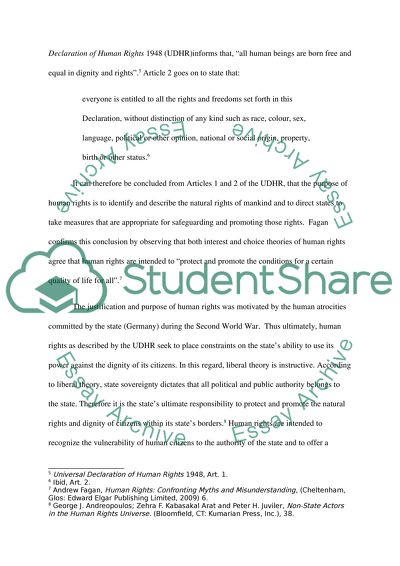Cite this document
(“The Purpose of Human Rights is to Protect Certain Fundamental Essay”, n.d.)
Retrieved de https://studentshare.org/law/1443014-lw301-jurisprudence
Retrieved de https://studentshare.org/law/1443014-lw301-jurisprudence
(The Purpose of Human Rights Is to Protect Certain Fundamental Essay)
https://studentshare.org/law/1443014-lw301-jurisprudence.
https://studentshare.org/law/1443014-lw301-jurisprudence.
“The Purpose of Human Rights Is to Protect Certain Fundamental Essay”, n.d. https://studentshare.org/law/1443014-lw301-jurisprudence.


